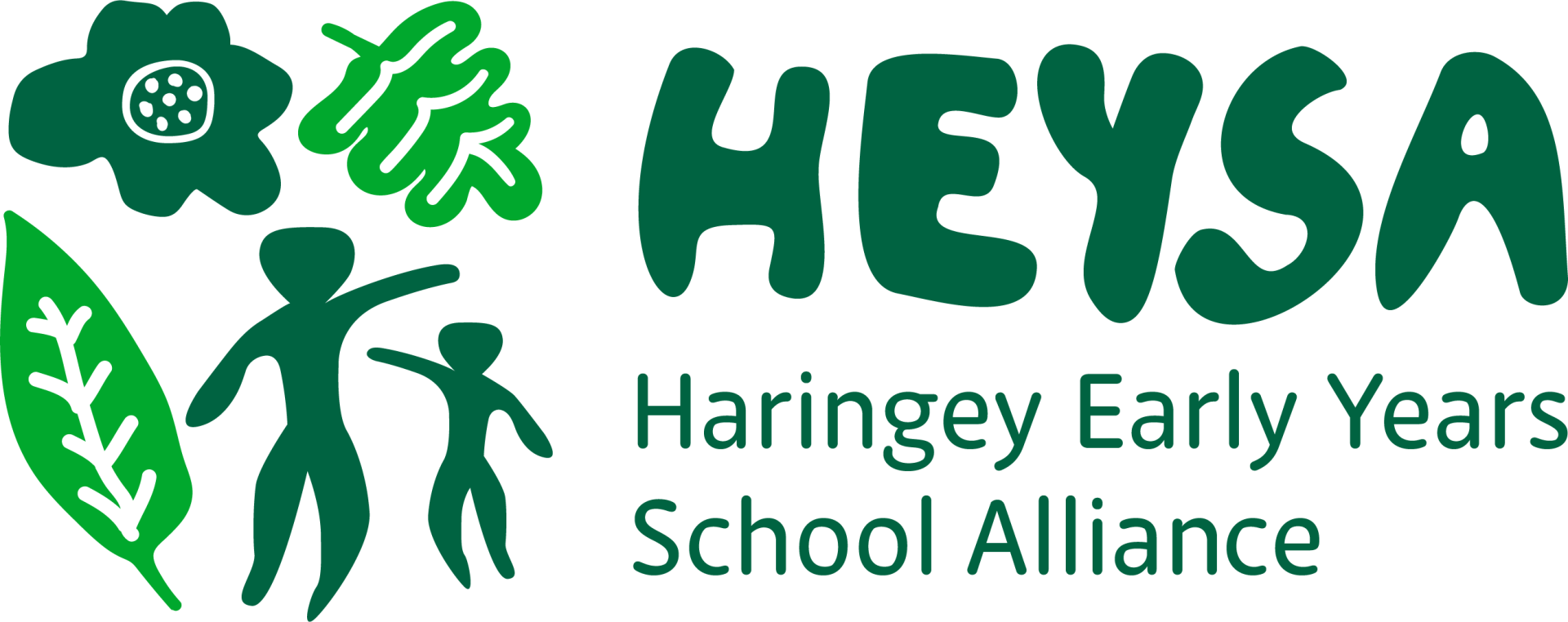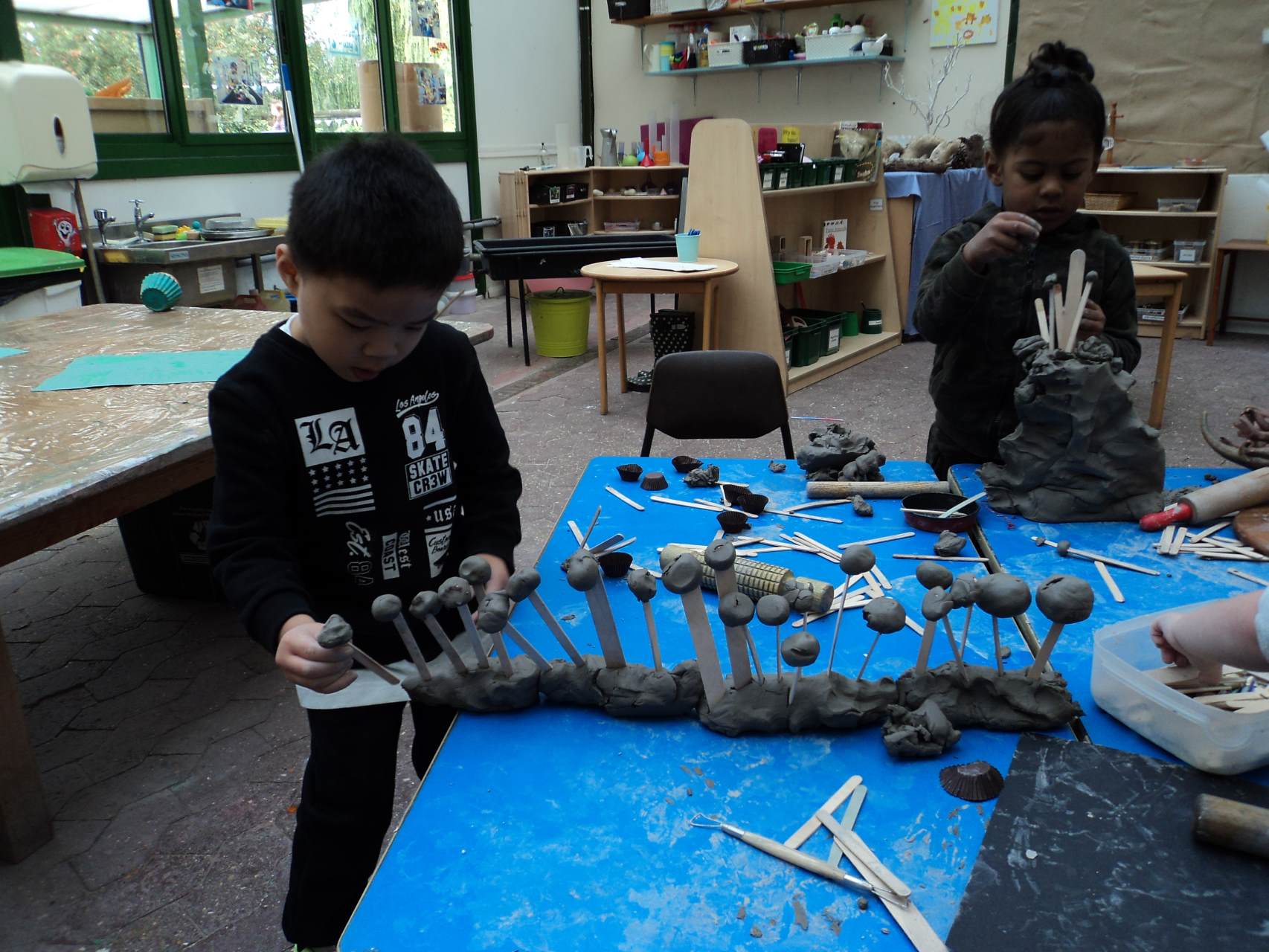Curriculum Statement
At Rowland Hill we support children’s progress in development and learning by using a curriculum framework called the Early Years Foundation Stage.
This curriculum helps us to plan and teach age appropriate experiences and activities.
When teaching the Early Years Foundation Stage curriculum all staff members are guided by 4 principles these are:
Unique Child
We recognise that every child is learning from birth and can be resilient, capable, confident and self-assured.
Positive Relationships
We know that children learn to be strong and independent from a base of loving and secure relationships with parents and/or a key person.
Enabling Environments
We know that the children’s learning and development will be successful in an environment that provides a broad range of experiences to meet the needs of all children and strong partnerships with parents or carers.
Learning and Development
We understand that children learn and develop in different ways and at different rates no matter what their starting point or individual needs are.
The Early Years curriculum is for children from 0-5 years old. There are 7 Areas of Learning in the curriculum which are all important. They are divided into the 3 Prime Areas and 4 Specific Areas:
Prime Areas
Communication and Language
Experiencing a rich language environment; developing their confidence and skills in expressing themselves; and to speak and listen in a range of situations.
Personal , Social and Emotional Development
Developing a positive sense of themselves and others; forming positive relationships and respect for others; developing their social skills and managing their feelings; behaving appropriately in groups and having confidence in their own abilities.
Physical Development
Being active and interactive; developing co-ordination, control and movement; understanding the importance of physical activity and making healthy choices in relation to food.
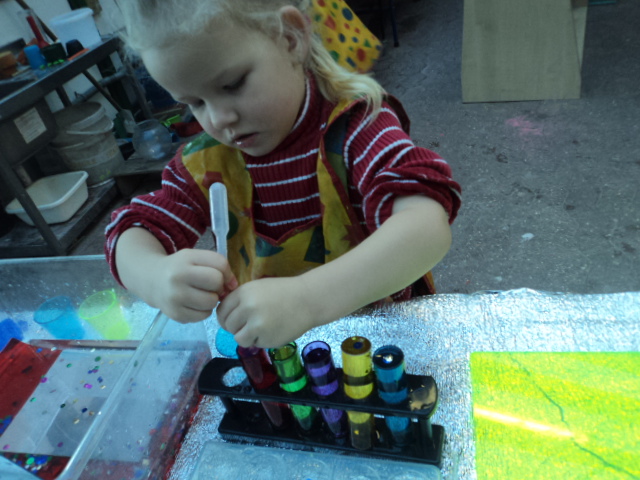 |
 |
Specific Areas
The Specific Areas build on the Prime Areas:
Mathematics
Developing their skills in counting, understanding and using numbers; calculating simple addition and subtraction problems; describing shapes, spaces and measures.
Literacy
Access to a wide range of reading materials to ignite children’s interest; linking sounds and letters, and beginning to read and write.
Expressive Arts and Design
Exploring and playing with a wide range of media and materials; sharing thoughts, ideas and feelings through a variety of activities in art, music, movement, dance, role-play and design and technology.
Understanding the World
Guiding children to make sense of their physical world and community through opportunities to explore, observe and find out about people, places, technology and the environment.
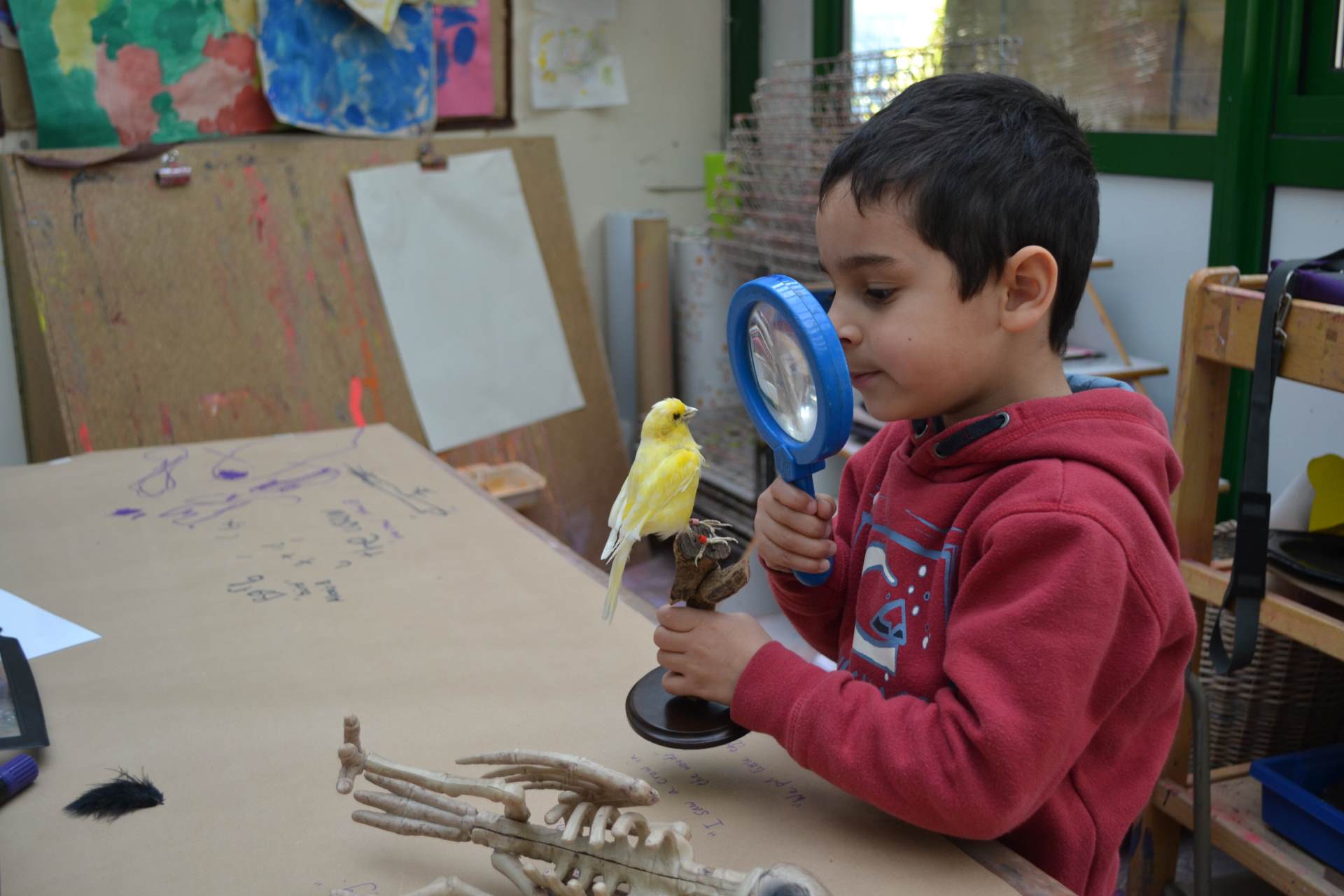
The curriculum helps us to ensure that all children experience high quality teaching that provides them with a strong foundation to progress through school and life.
The Characteristics of Effective Learning
At Rowland Hill we cover all seven areas of the Early Years curriculum through planned, purposeful play.
The staff team work together to plan a range of experiences or activities that children can play with and build their confidence exploring ideas, thinking about problems and relating to others. Sometimes children are learning by leading their own play and at others times by being led by an adult so we provide both child-led and adult-led experiences and activities.
To help the staff team think about how children are playing and making progress as learners we use the Characteristics of Effective Learning:
|
Playing and Exploring: Children investigate and experience things, and ‘have a go’. They initiate activities and take risks, learning by trial and error. |
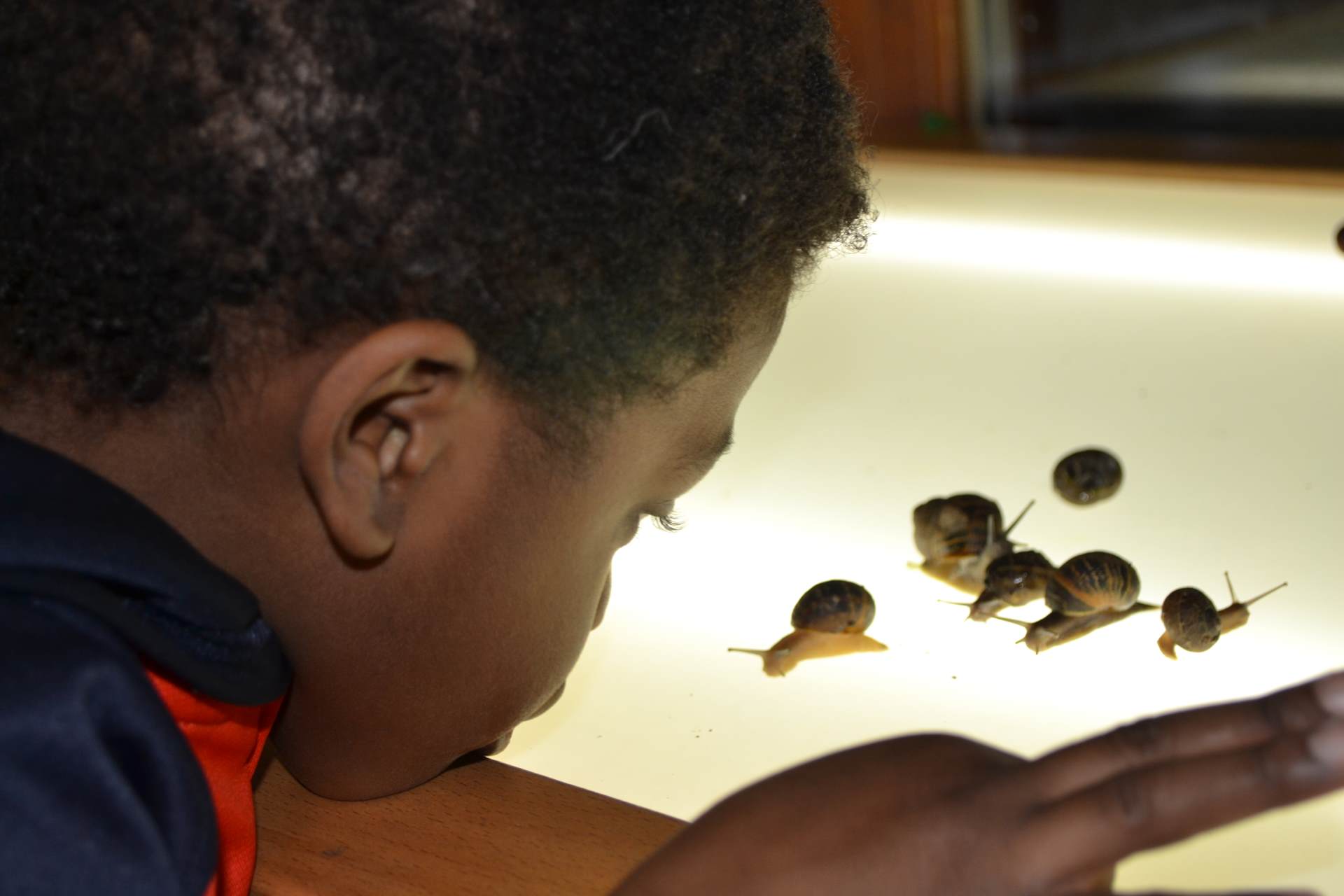 |
|
|
Active Learning: Children concentrate and keep on trying if they encounter difficulties, and enjoy achievements. Children show satisfaction and pride when they accomplish something – not just an end result. |
|
Creating and Thinking Critically: Children have and develop their own ideas, make links between ideas, and develop strategies for doing things. They make predictions and test their ideas and can change their strategies when needed. |
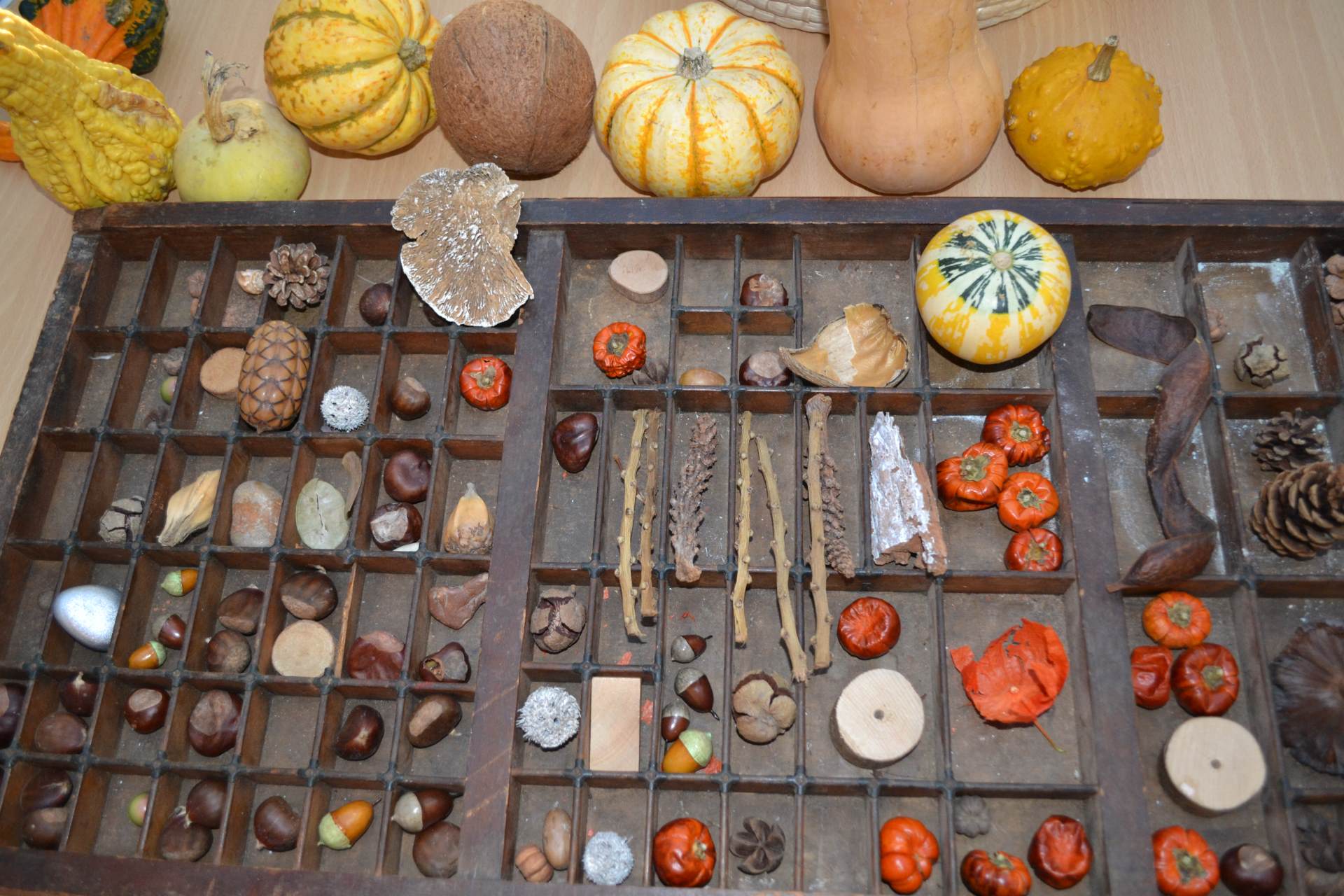 |
Your Child’s Assessment
At Rowland Hill we assess all children’s learning and development individually.
These assessments help us to make sure that each child experiences the full curriculum and that provision is made for her/his particular development and educational needs.
We do this by making observations and taking photographs of the children whilst they are playing and learning. We then assess their learning and development to identify the next step they need to continue making progress.
We meet with Parents/Carers every term to discuss and celebrate children’s progress and share next steps. In your child’s final term you will receive a written report which will be discussed at the last Parents/Carers meeting.
Some children may be identified as having Special Educational Needs and Disabilities (SEND). The Special Educational Needs Co-ordinator (SENCo) will liaise with families, teaching staff and outside professionals, such as the Educational Psychologist (EP) to assess a child’s needs and progress; and to ensure the correct support and provision is in place. For further information please refer to the SEN Policy and the Special Educational Needs and Disabilities section on the website.
